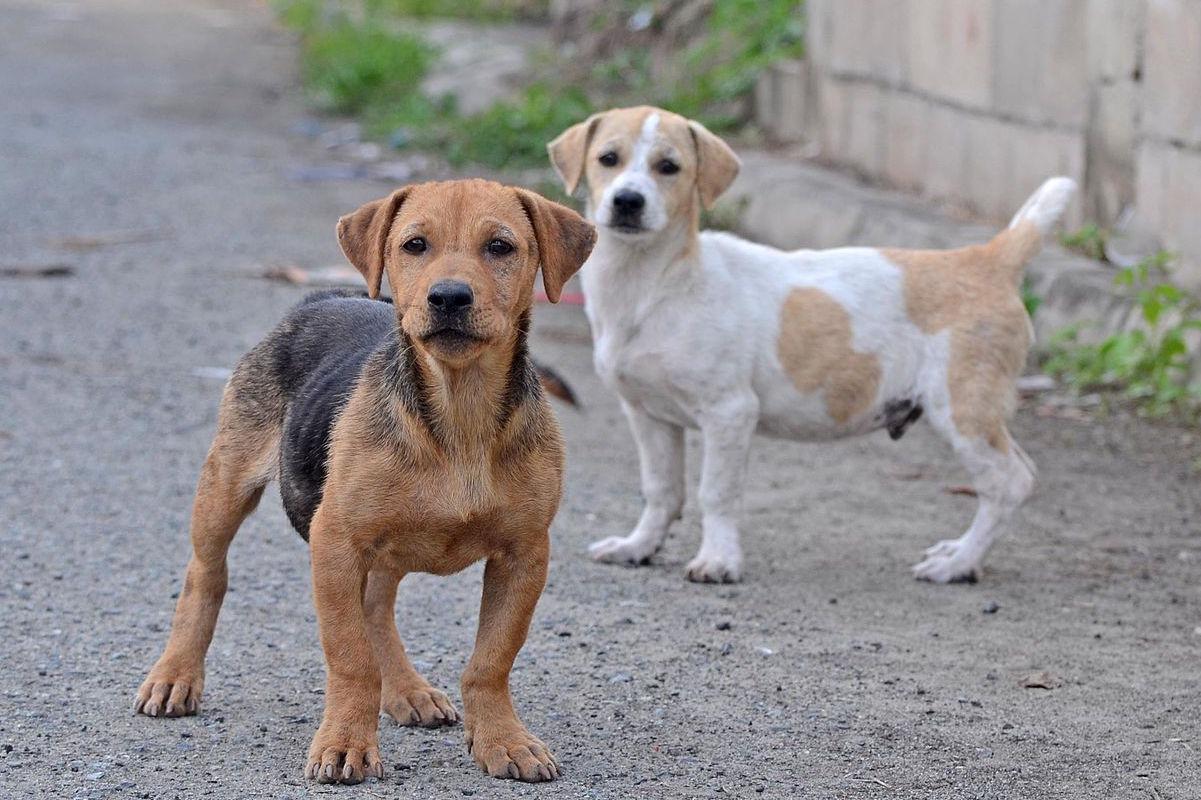D: You seem tired, Yaël. Everything ok?
Y: [YAWNS]: Oh Don, Fido is scared of thunder. Last night’s storms freaked him out. I stayed up to comfort him.
D: That makes sense. Sensitivity to loud noises, like thunder or fireworks, is the most common kind of anxiety for dogs. Poor thing!
Y: That’s what a study says, in fact. Researchers at the University of Helsinki had dog owners around the world report on their canines’ anxiety. They considered seven different anxious behaviors, including general fear, noise sensitivity, separation anxiety, and aggression. Of almost fourteen thousand dogs, nearly seventy-five percent were in some way anxious!
D: I don’t usually think of dogs as anxious pets. I tend to imagine them as loving and loyal. Sure, sometimes they hate fireworks, or they attack other dogs, or they’re nervous around strangers, or they’re afraid of heights, or . . . Huh. That’s getting to be quite the list. I think I see the point of this study.
Y: The researchers focused on the fourteen most popular breeds in their survey. It turns out that different breeds have different anxieties. Wheaten terriers and mixed breed dogs were most likely to be sensitive to noise. Mixed breeds, Spanish water dogs, and Shetlands were generally fearful. And while most Labrador retrievers were not aggressive, almost ten percent of miniature schnauzers were.
D: That distribution seems to suggest that certain anxieties are genetic. After all, different breeds have different common genes. And genes influence behavior, like whimpering at noise or attacking other dogs.
Y: Of course, other factors, like environment, can affect how dogs behave. We still need more research to help man’s best friend.










